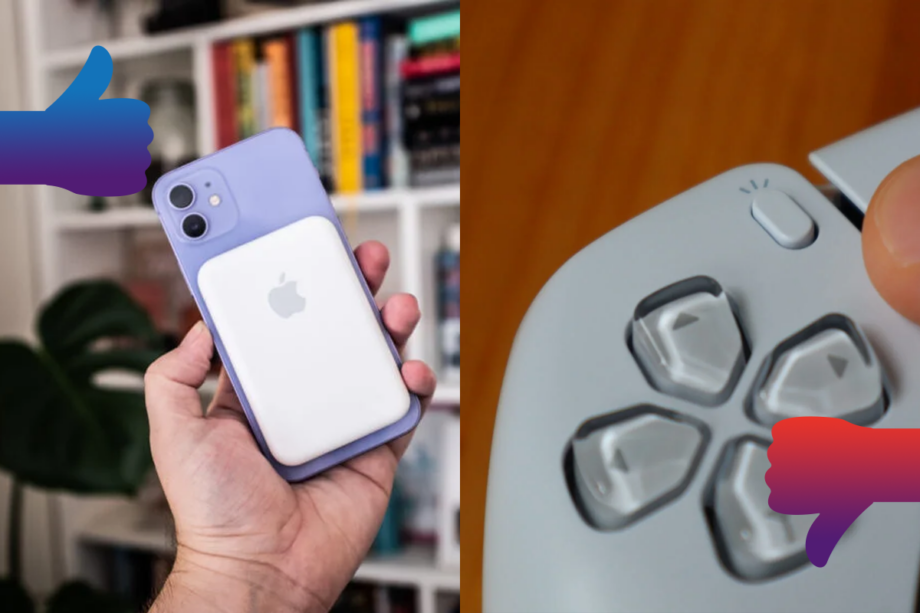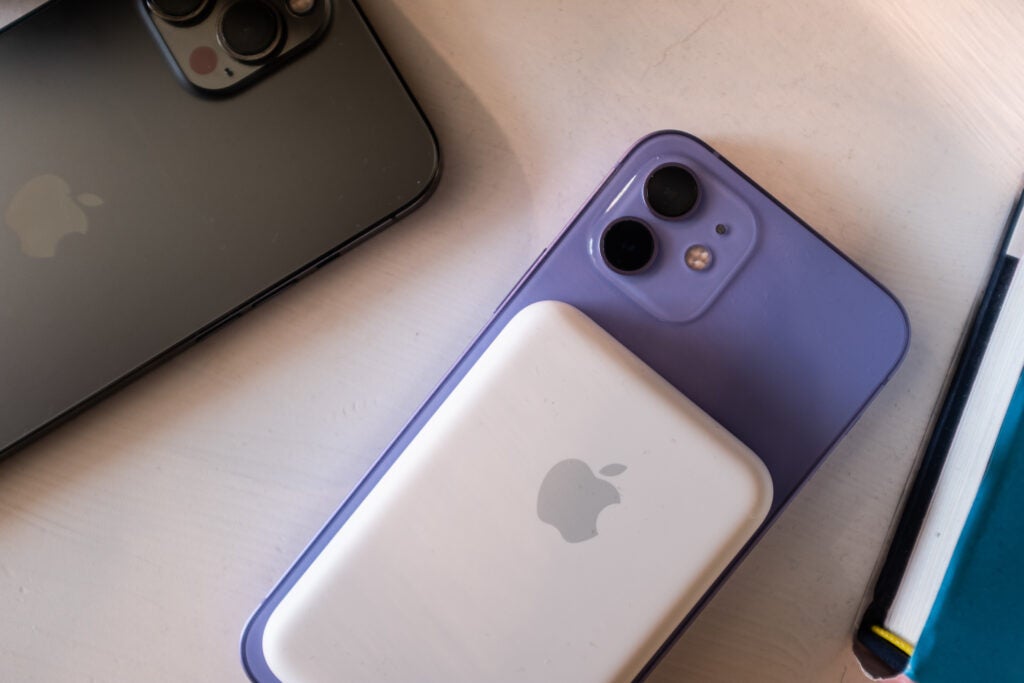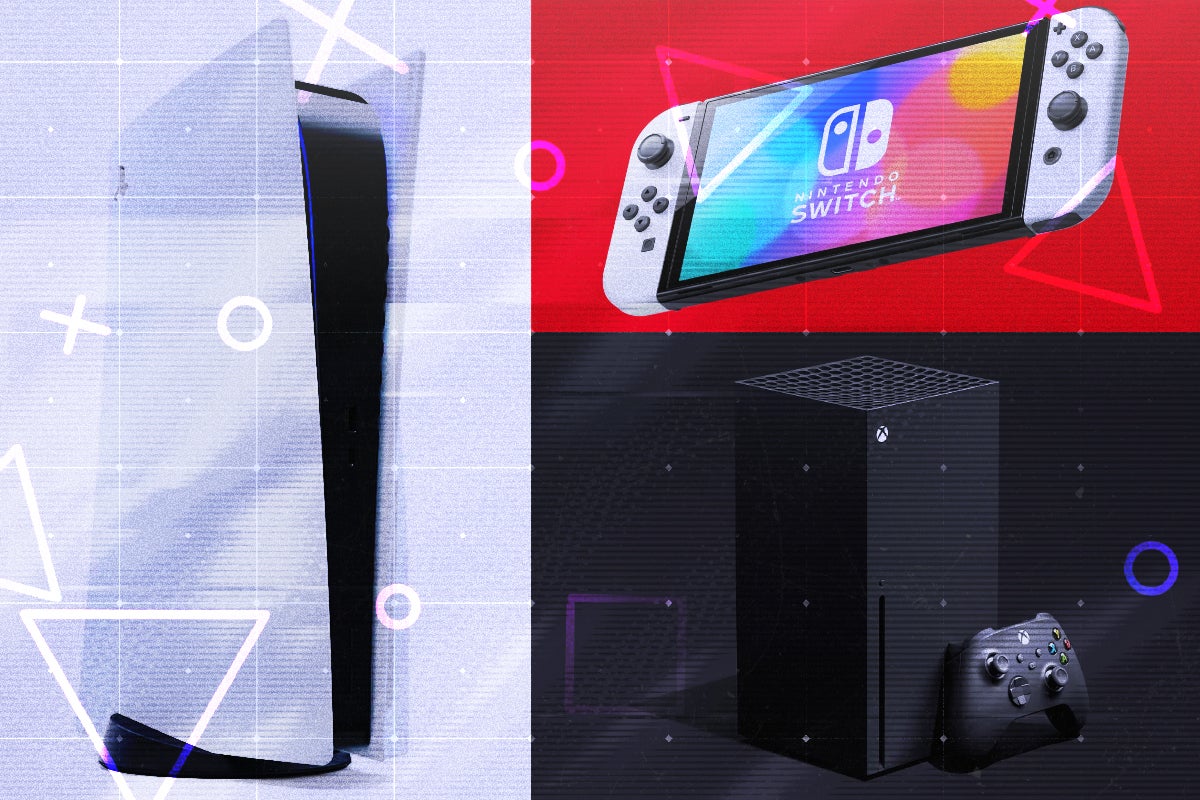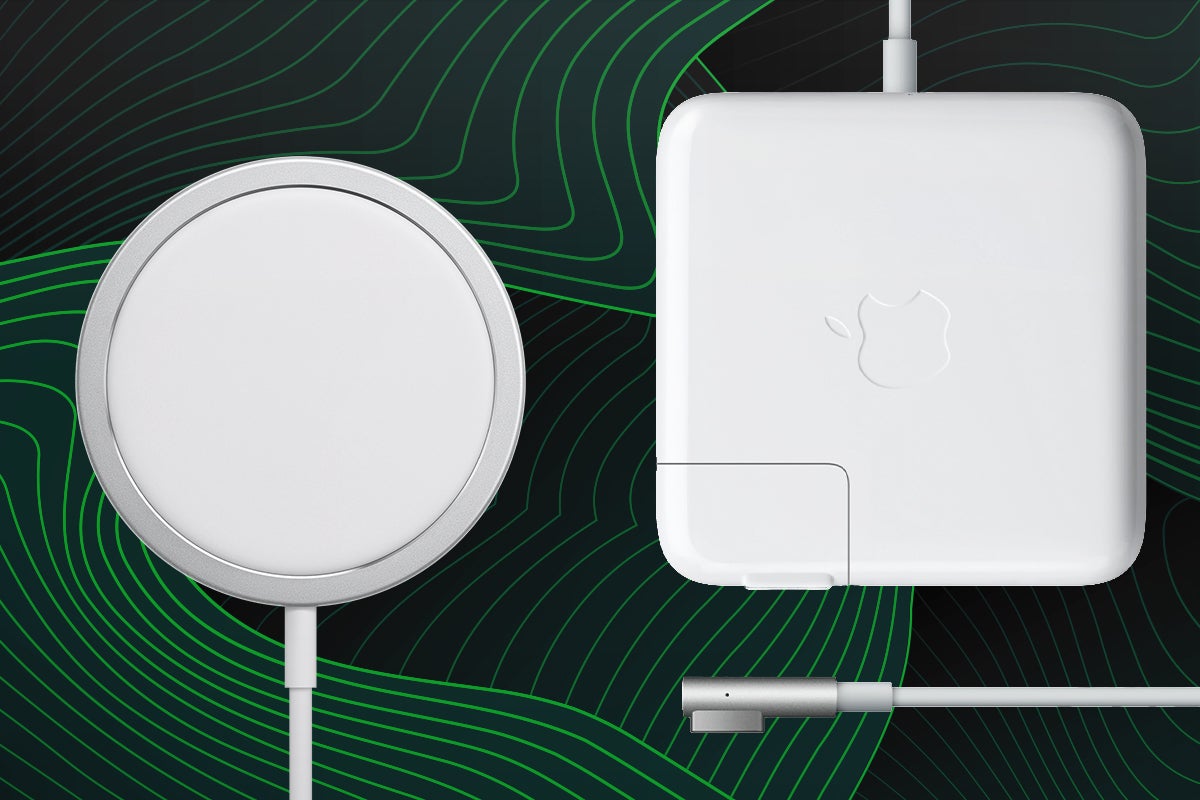Winners and Losers: Apple powers up its MagSafe Battery Pack, as gamers expect in-game ads

It’s Sunday again, which means its time for another edition of Trusted Reviews Winners and Losers.
This week saw our review of the Playdate gaming console go live, while Asus took on Apple’s MacBook Pro line with its new OLED range of Zenbooks.
It was also a big week for soundbars, with Razer introducing its second generation Leviathan gaming soundbar and rumours emerging of an entry-level one from Sonos.
However, this Sunday, our winner title goes to Apple, leaving PS5 and Xbox gamers stuck as our losers. Read on to find out why.
Winner: Apple

This week, Apple released an update that increased the charging speed of its MagSafe Battery Pack by 50%.
The battery pack, which was released in 2021, is designed to magnetically grip to the back of the iPhone 12 and 13 devices, giving them an extra boost of power on-the-go.
However, the charging speed has previously been stuck at 5W. That’s roughly the same speed as the outdated plugs that came boxed with the iPhone 11 and earlier.
Firmware 2.7 takes the MagSafe’s charging speed up to 7.5W without you having to pay out for a new battery pack – though, like the MagSafe’s charging speeds, it isn’t a fast process. Apple warns it could take around a week for the software to be installed if done through your iPhone.
Regardless, the resulting 50% faster charging is fantastic news for MagSafe users.
While you can still access speedier 15W charging by hooking the battery pack up to a power source via USB-C and using it as a Qi wireless charger, it simply doesn’t boast the same convenience as snapping the battery onto the back of your iPhone.
The free update means MagSafe users should be able to elongate the battery life on their iPhones without having to keep the charging pack attached for quite as long.
Loser: Gamers

Our losers this week are console gamers after rumours emerged suggesting that some free-to-play Xbox and PS5 titles could soon be hit with ads.
According to two separate reports from Business Insider, Microsoft and Sony have both begun developing their own systems to advertise brands within games.
The news first emerged regarding Microsoft, who is said to be building a system that would allow real word products to be advertised within Xbox games, such as on billboards at racetracks. The idea is to introduce non-targeted ads that fit seamlessly into the game world, so as not to alter the experience.
A little under a week later, we heard that Sony could be working on a very similar concept for its PS5 console – though the idea here is a little different. While Sony could also integrate the ads into in-game billboards, the company is reportedly looking at rewarding players for watching ads and promotional content by offering up freebies like skins.
Sony is also weighing up the idea of taking a cut of the revenue – something Microsoft is not expected to do. That said, both companies plan to keep gamers’ personal data out of the hands of marketers, according to the sources.
It’s important to note that these rumours only relate to free games and that introducing ads could allow Microsoft and Sony to introduce more free content or even reduce the amount of in-app purchases asked of gamers.
That said, in-game ads haven’t exactly been well-received by console gamers in the past, and no one really wants to look to advertisements in the virtual world when they’re trying to escape the seemingly endless number here in the real world.
We’ll have to wait and see how gamers respond if ads suddenly start appearing in free-to-play titles on the Xbox and PS5.





